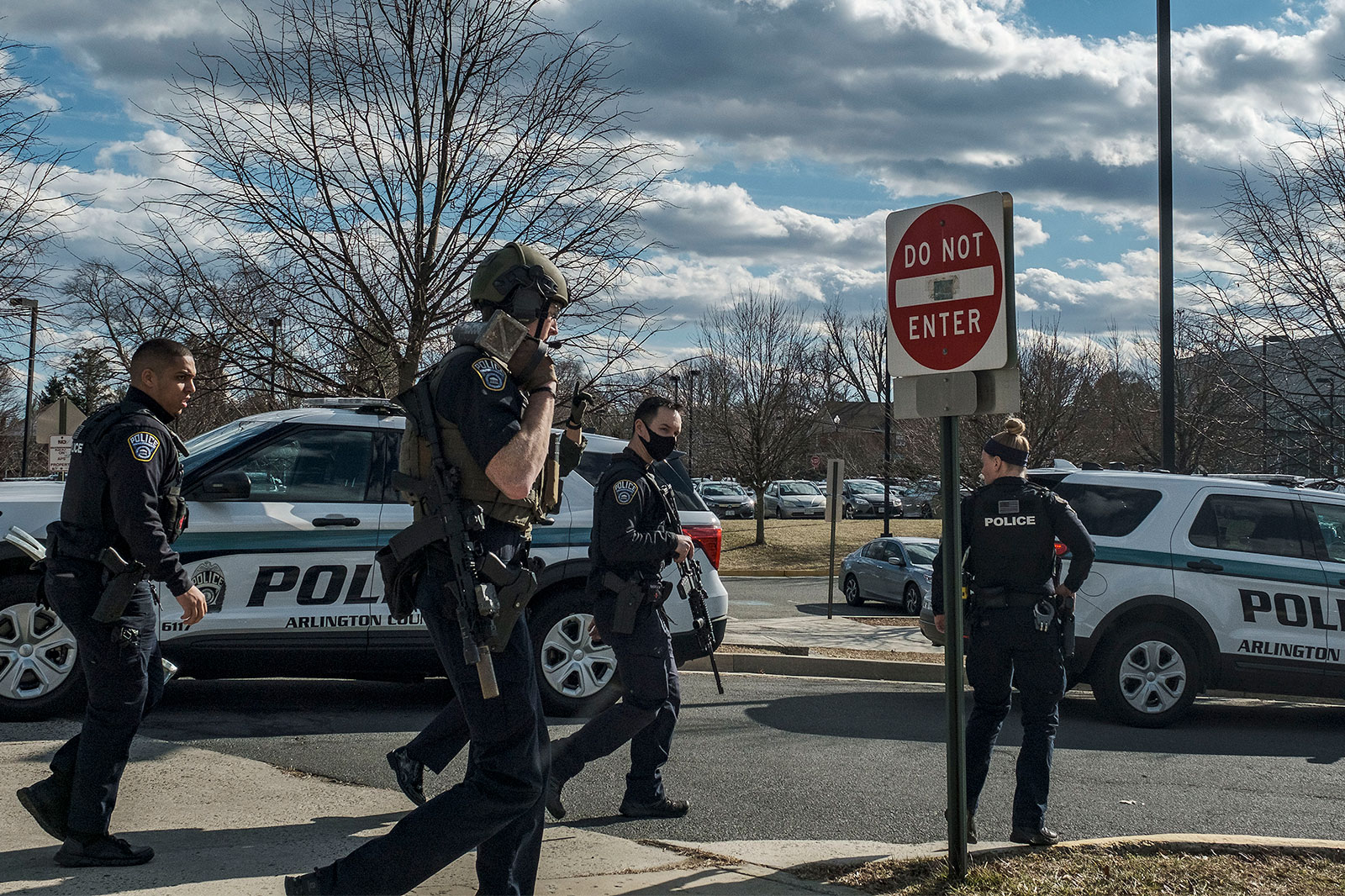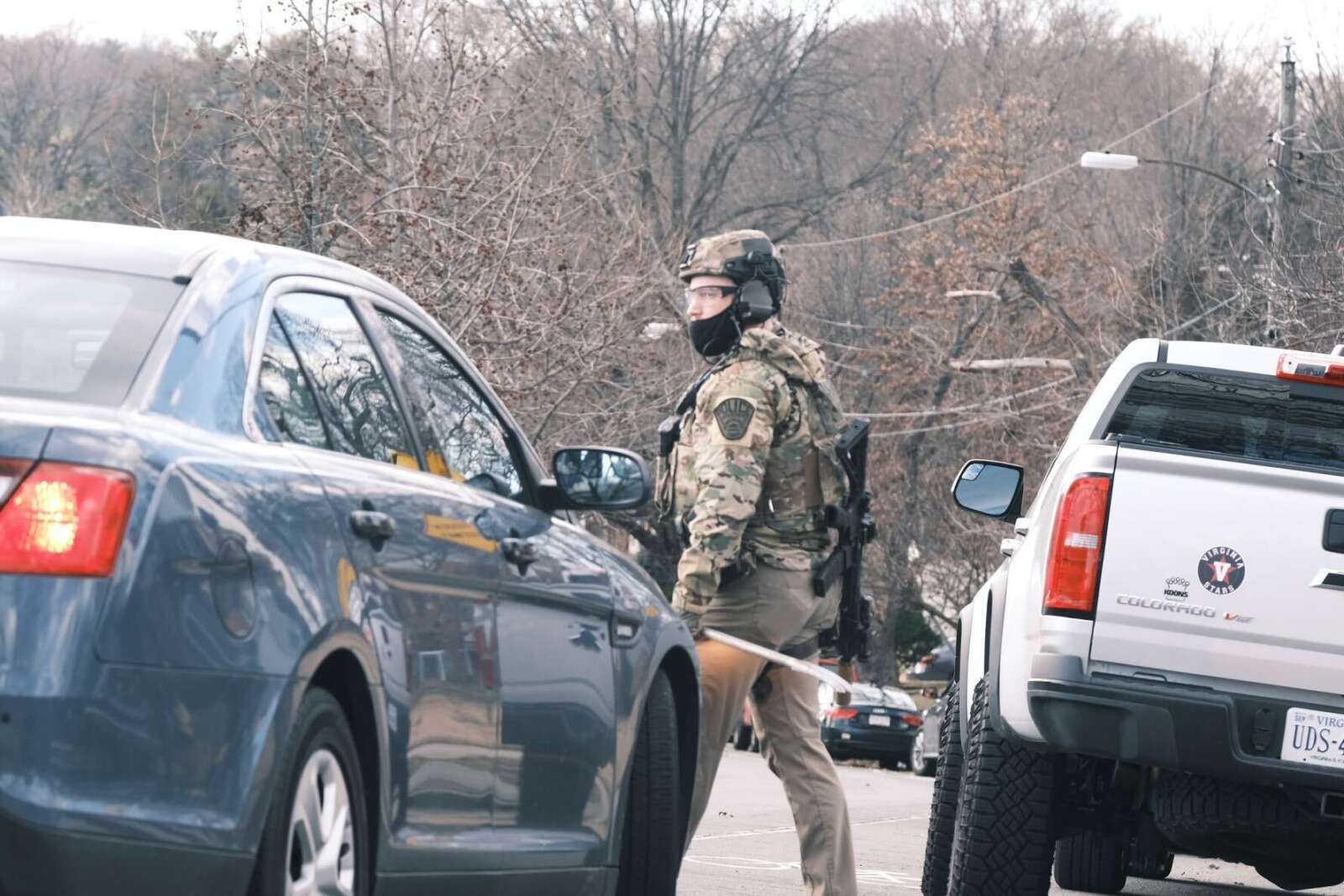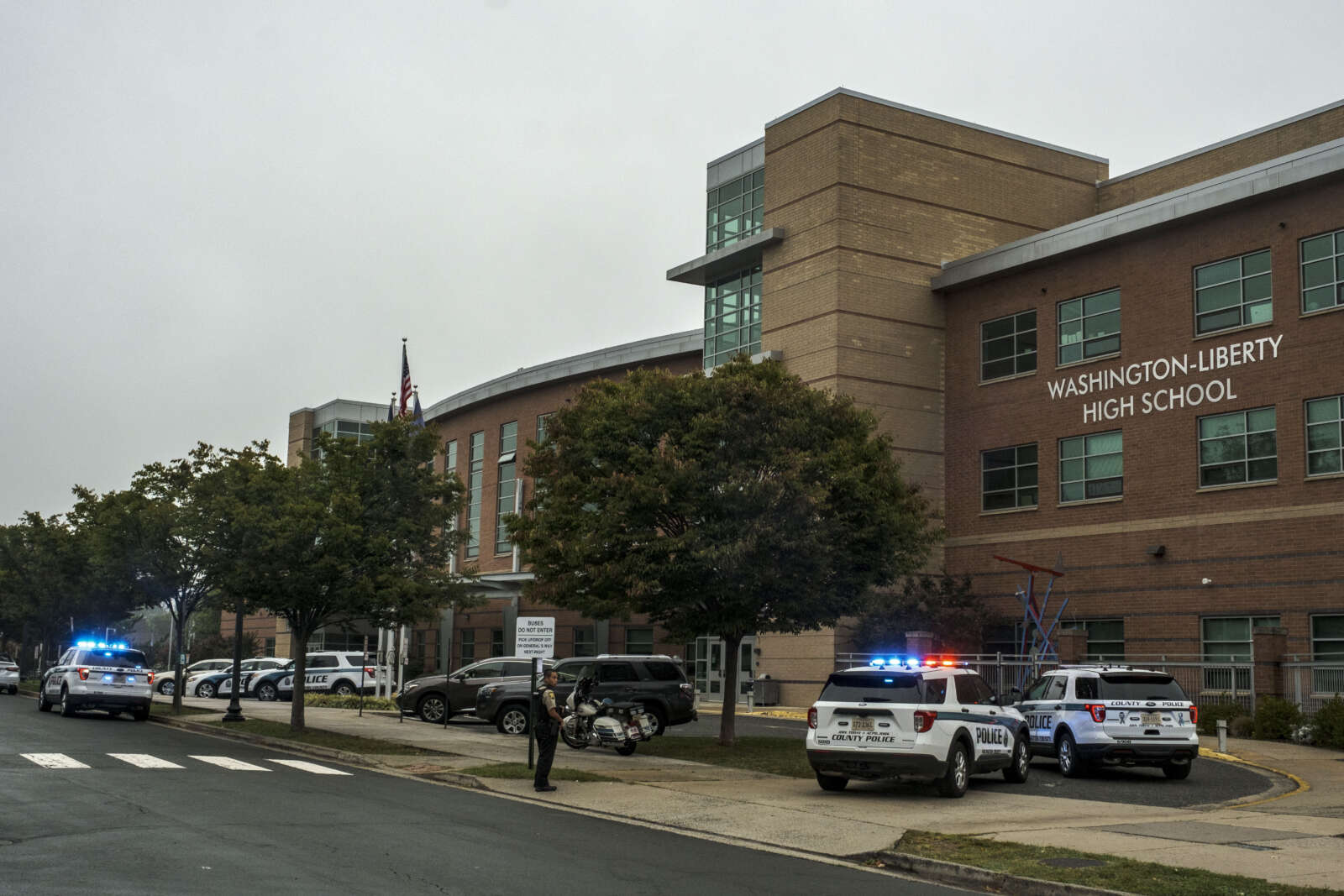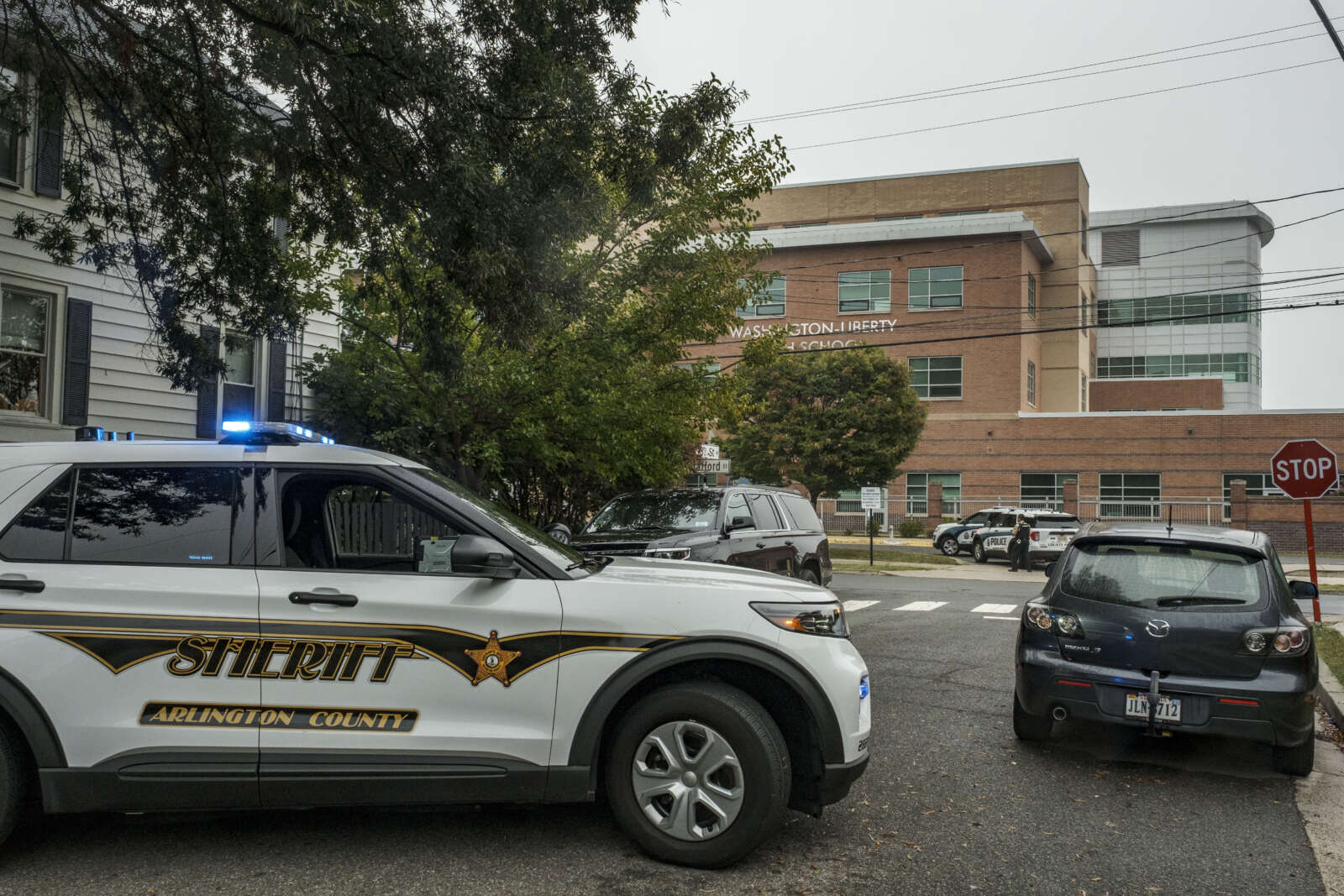In February of this year, a hoax call about an armed suspect inside Yorktown High School holding hostages triggered a lockdown, evacuations and a massive police response.
That incident is now informing one of Arlington’s legislative priorities for the upcoming Virginia General Assembly session. The Arlington County Board and School Board are calling for a law that specifically names and criminalizes false calls to police, describing a life-threatening situation, with the intent to trigger a police response. It is widely known as “swatting” because of the SWAT teams it sometimes elicits.
Swatting is on the rise in Arlington County, according to Lt. Matt Martin of the Arlington County Police Department. There have been four instances in 2022 so far, up from two in 2021 and one incident per year from 2018 through 2020. (Martin says because there is no swatting category in crime statistics, these numbers were pulled manually based on case facts and may not be comprehensive.)
In nearby Fairfax County, there were 11 such incidents in 2020 and 30 in 2021, a police spokesperson previously told our sister site, FFXnow. There were four such incidents in Alexandria this year.
“Swatting has been on law enforcement radar for 15 years,” says Martin. “The intent is to send officers to a call where someone’s life is at risk, which ups the ante, and ups our response.”
It started in the online gaming community, when people would call the police on their target in response to a slight or unpaid bet, Martin says. It has since become a nationwide problem, one where even identifying those behind the incidents can be tricky, says ACPD spokeswoman Ashley Savage.
“The person that calls in could realistically call in anywhere in the world, which leads to a challenge for identifying them,” she said.
In September, hoax calls triggered a police response at Washington-Liberty High School and several other schools across the state, including in Loudoun and Fauquier counties. W-L was previously evacuated in October 2021 after a false report of an active shooter.
A 19-year-old man from Vienna was sentenced last year for his roles in numerous swatting attacks that targeted journalists, the Old Dominion University in Norfolk and Alfred Street Baptist Church in Alexandria, which has a predominantly Black congregation.
Swatting not only applies to pranksters calling the police, but also to people who call others — schools, for instance — and describe a threat that prompts them to call 911. But Virginia law only criminalizes making a false report, which means people who spread false information but don’t make the call can’t be charged with a crime.
That is what police and elected officials would like to see changed.
“Any law that’s going to prohibit a behavior needs to define the behavior,” Martin said. “The detective who investigated [the Yorktown incident] came to me and said, ‘We looked at potential charges. Making an indirect call doesn’t violate Virginia law… It was that detective who recognized that gap in the law that started all of this.”
Del. Angelia Williams Graves (D-Norfolk) says she was on a regional call when she heard representatives from Arlington discuss swatting. She tells ARLnow it angered her to think of scenarios where prank calls could put civilians and police in unnecessary, dangerous situations. The waste of resources also frustrated her.
“The idea of it being a joke — and all of the resources that are wasted behind that, plus the possibility of the loss of life or severe injury — that bothered me,” she said. “We’re already short-handed with police officers. In Norfolk, we’re down over 200 police officers on our force.”
Graves volunteered to carry a swatting bill through the 2023 legislative session. She says it may not yet be comprehensive, but it will describe the activity and label it a crime.
“At this point in time, there’s no law holding the person who called accountable for their actions,” she said. “We wanted to establish that foundation and maybe come back with stronger penalties next session.”
Some states have already passed swatting laws: California in 2014, Washington in 2020, Texas in 2021 and Kentucky in 2022, Martin says.
ALXnow reporter James Cullum contributed to this report





